La Majstro
Dr. L. L. Zamenhof
(1859 – 1917)
1905: French Legion of Honour
1909: Commander of the Order
of Isabella the Catholic
1910: Nobel Peace Prize Nominee
Bahá’u’lláh promotes Esperanto on eve of ascending; omitted by Dr C Buck & Professor Y Ioannesyan
“One day, while in Constantinople, [1863] Kamál Páshá [a high ranking Minister of State in the Ottoman court of Sultan ‘Abdu’l-‘Azíz (1830–1876, reigned: 1861–1876, abdicated 30th May, murdered five days later)] visited this Wronged One [Bahá’u’lláh]. Our conversation turned upon topics profitable unto man. He said that he had learned several languages. In reply We observed ‘You have wasted your life. It beseemeth you and the other officials of the Government to convene a gathering and choose one of the divers languages, and likewise one of the existing scripts, or else to create a new language and a new script to be taught to children in schools throughout the world. In this way, they would be acquiring only two languages, one their own native tongue, the other the language in which all the peoples of the world would converse. Were men to take fast hold on that which hath been mentioned the whole Earth would come to be regarded as one country and the people would be relieved and freed from the necessity of acquiring and teaching different languages.’ When in Our presence he acquiesced, and even evinced great joy and complete satisfaction. We then told him to lay this matter before the officials and Ministers of the government, in order that it might be put into effect throughout the different countries. However, although he often returned to see Us after this, he never again referred to this subject, although that which had been suggested is conducive to the concord and the unity of the peoples of the world.
We fain would hope that the Persian government will adopt it and carry it out. At present, a new language and a new script have been devised. If thou desirest, We will communicate them to thee. Our purpose is that all men may cleave unto that which will reduce unnecessary labour and exertion, so that their days may be befittingly spent and ended. God, verily, is the Helper, the Knower, the Ordainer, the Omniscient.” Bahá’u’lláh, The Epistle to the Son of the Wolf (Colourizing added by P. Desailly.)
My research reveals no one asking Him about this newly devised language and script. Categorically, though unsourced, in an otherwise splendid nineteen-page 1953 Introduction to the same Epistle, Marzieh Gail (1908–1993), whose fluency in Arabic, English, French, Persian and Turkish is epic, tersely states that the language and script in question “were never communicated to anyone by Bahá’u’lláh.” One year after the publishing of The Epistle to the Son of the Wolf in 1891, Bahá’u’lláh ascends, by which juncture Esperanto, already as a five-year-old published project, circulates widely in print in the neighbouring Czarist empire and from Warsaw spreads much farther abroad. In April 1890, some months before Bahá’u’lláh writes that “a new language and a new script have been devised”, the renowned Cambridge orientalist Professor E. G. Browne is granted several audiences during which doctor Zamenhof’s ingenious creation perchance comes under scrutiny. By its admirers, Esperanto is known as the planned or devised language while certain naysayers pejoratively label this planned device – so esteemed by ‘Abdu’l-Bahá, Shoghi Effendi, various Hands of the Cause of God including ace titleholder Martha Root and, even by Bahá’u’lláh himself – as the artificial language. Polyglot orientalist, Christopher Buck (PhD, JD) in Scholar Meets Prophet (2014) correctly depicts at length the institutional role of the Universal House of Justice inaugurated long after Browne’s passing and the Azalis’ corrosive influence over him. Sadly, however, if we apprehend Browne’s written appraisal provided to his Russian correspondent Baron Rosen, what Bahá’u’lláh primarily conveyed to the English scholar largely eludes Buck’s nonetheless valuable analysis, views and Conclusion:
“He [Bahá’u’lláh] talked for the most part of the necessity of all nations choosing one language as a means of international communication & one writing (a sort of sermon on the concluding text of the Kitáb-i-Aqdas *) & of the necessity of putting down war & international jealousy & hostility. Of doctrine properly so called he spoke little.” E. G. Browne in Scholar Meets Prophet, p. 26
https://bahai-library.com/pdf/b/buck_ioannesyan_scholar_prophet.pdf page 26 http://bahaiteachings.org/rising-above-the-self-the-bahai-role-model-abdul-baha
Unconscionably ignored by Bahá’í academia! https://www.bandeeducation.com/the-principle-of-a-universal-auxiliary-language
What Buck and Ioannesyan as famous Bahá’í academics and co-authors of Scholar Meets Prophet find chronologically puzzling about Browne’s restating (p32) of what Bahá’u’lláh for the most part conveyed to him in ‘Akká constitutes zero puzzlement for Esperantists given Esperanto’s advent in 1887:
==================================================================================
Browne continued his notes of that meeting:
He [Bahá’u’lláh] again insisted very strongly on the necessity of unity & concord amongst the nations, & spoke of the سلام الأكبر which will come soon (1886–1887) [sic] ??? (Browne Sup.21(8), Acre, folio 10.)
Note [by Buck and Ioannesyan]: Considering that the year was 1890, Browne’s reference to ‘1886–1887’ is puzzling. Here, Bahá’u’lláh speaks of ‘The Most Great Peace’ (ṣulḥ-i akbar), which represents the international peace plan that Baha’u’llah offered to the political and religious leaders of the world by way of a series of open epistles, as part of the general proclamation of purpose and nature of Baha’u’llah’s prophetic purpose and mission. Browne’s further account is as follows:
There must be one language & one writing – The former may be either one of those now existing, or one invented for the purpose by a conference of savants of all countries. All nations must bind themselves to combine & put down any nation which attempts to disturb the general peace.
[See the last paragraph of p. 31 and the first two paragraphs of p. 32: Scholar Meets Prophet.]
==================================================================================
Gleanings from the Writings of Bahá'u'lláh, CXVII comprehensively links the international auxlang principle with an all-embracing assemblage tasked momentously with accomplishing world peace and eliminating the burden of arms production: https://reference.bahai.org/en/t/b/GWB/gwb-117.html
"The Great Being, wishing to reveal the prerequisites of the peace and tranquillity of the world and the advancement of its peoples, hath written: The time must come when the imperative necessity for the holding of a vast, an all-embracing assemblage of men will be universally realized. The rulers and kings of the earth must needs attend it, and, participating in its deliberations, must consider such ways and means as will lay the foundations of the world’s Great Peace amongst men. Such a peace demandeth that the Great Powers should resolve, for the sake of the tranquillity of the peoples of the earth, to be fully reconciled among themselves. Should any king take up arms against another, all should unitedly arise and prevent him. If this be done, the nations of the world will no longer require any armaments, except for the purpose of preserving the security of their realms and of maintaining internal order within their territories. This will ensure the peace and composure of every people, government and nation. We fain would hope that the kings and rulers of the earth, the mirrors of the gracious and almighty name of God, may attain unto this station, and shield mankind from the onslaught of tyranny…The day is approaching when all the peoples of the world will have adopted one universal language and one common script. When this is achieved, to whatsoever city a man may journey, it shall be as if he were entering his own home. These things are obligatory and absolutely essential. It is incumbent on every man of insight and understanding to strive to translate that which hath been written into reality and action…That one indeed is a man who, today, dedicateth himself to the service of the entire human race. The Great Being saith: Blessed and happy is he that ariseth to promote the best interests of the peoples and kindreds of the earth. In another passage He hath proclaimed: It is not for him to pride himself who loveth his own country, but rather for him who loveth the whole world. The earth is but one country, and mankind its citizens." Bahá'u'lláh, CXVII.
Absorbing the entirety of Gleanings CXV11, recorded here in full and in continuity as appearing in the English and Farsi versions, changes everything. The first part reveals the necessity of an all-embracing assemblage which must consider practical ways to establish world peace. Bahá’u’lláh then adumbrates the foundation of a method for achieving peace. At the midpoint of this same epistle the Lord of the Age appears at first to refer to a completely unrelated topic, i.e. a universal language. On reflection though, we see that convening such an historic and moral meeting whose aim is world peace and whose members embrace all peoples, presupposes launching the all-important issue of language!
Any consultation on or mention of Gleanings CXVII in a 2nd edition of Professor G P Meyjes’ compilation published by Geo. Ronald in 2015 is much anticipated: https://www.amazon.com/Greatest-Instrument-Promoting-Harmony-Civilization/dp/085398591X
The Sixth Ishráq (Illumination or Effulgence) calls for an international auxlang for every school kid in the world: “Let not man glory in this that he loveth his country, let him rather glory in this that he loveth his kind.”
* The last page of Bahá’u’lláh’s Kitáb-i-Aqdas (paragraph 189), references language as the cause of unity:
"O members of Parliaments throughout the world! Select ye a single language for the use of all on Earth, and adopt ye likewise a common script. God, verily, maketh plain for you that which shall profit you and enable you to be independent of others. He, of a truth, is the Most Bountiful, the All-Knowing, the All-Informed. This will be the cause of unity, could ye but comprehend it, and the greatest instrument for promoting harmony and civilization, would that ye might understand!”
In your promoting of Esperanto (in accordance with recommendations from ʻAbdu'l-Bahá, Shoghi Effendi and the Universal House of Justice!) new learnings indicate that you may add:
Bahá'u'lláh Promoted Esperanto for He was an Esperantist in a sense!
https://www.bandeeducation.com/the-principle-of-a-universal-auxiliary-language
Bahá’í brothers and sisters! Given His omniscience please spare us any push back of the ilk that He was not necessarily promoting Esperanto for He might have been promoting Volapük which appeared on the world stage less than a decade before Esperanto's debut in 1887. Volapük was popular for a while, but it went on life support for decades until the internet arrived. Only push-backers extraordinaire would suggest that He, the Omniscient, had in mind a complicated language of lesser consequence. The insight possessed by ʻAbdu'l-Bahá and Shoghi Effendi bespeaks their inherent knowledge of which language He meant, and so they often instructed us to study Esperanto! 😊 That today no House member or Councillor and only one National Spiritual Assembly member (Canada) anywhere in the anglophonic Bahá’í community responds to their “repeated and emphatic admonitions” about Esperanto, to say nothing of the push back from Bahá’í academics and their reluctance to consult even on the principle itself, surely hinders enrolments! Imagine the spiritual state or mindset of influential Bahá’í leaders in Australia who ignore just about everything above and exhibit an over-reaching abuse of office that shuts down consultation with this sinner (and on the principle!) for twice protesting the National Spiritual Assembly's written assertion that I criticise Bahá’í institutions. Nothing could be further from the truth, and nothing is worse than influential Bahá’ís shunning the truth and a Baha'i brother. Long term culpability of said leaders as individuals is reprehensible in that their influence harms young Bahá’ís and dishonours our blessed institutions. Criticising them, not our institutions, is more than warranted; it's an absolute duty of Bahá'u'lláh’s followers: BAHA'I YOUTH! MOVE THE WORLD! https://www.bandeeducation.com/baha-i-youth-move-the-world-neto
It's time to consult far and wide with Bahá’ís and non-Bahá’ís on the Esperanto language so that the Guardian's and the Master's instructions about disseminating “this easy language” may be realized and so that institutional guidance (e.g. in The Promise of World Peace as to the language principle itself "necessitating the most urgent attention") may connect with the very Bahá’ís who framed our preeminent proclamation to the people of the world long ago:
“A fundamental lack of communication between peoples seriously undermines efforts towards world peace. Adopting an international auxiliary language would go far to resolving this problem and necessitates the most urgent attention.” The Universal House of Justice, 1985. https://en.wikipedia.org/wiki/The_Promise_of_World_Peace https://www.bahai.org/documents/the-universal-house-of-justice/promise-world-peace (part II)
At last, we're getting somewhere, I feel, now that the Right Honourable Katrine Hildyard M.P. (a) and Councillor Arman Abrahimzadeh (b) in the state of South Australia are on board. Others
will be called upon if Bahá’ís of influence and capacity in the Anglosphere ignore to their graves the auxlang principle and their duty to consult fairly. (a) https://esperanto.org.au/ftp-uploads/ESK-129-dec2017.pdf pp 29-30 (b) https://www.bandeeducation.com/the-president-of-the-australian-esperanto-association-and-an-adelaide-city-councillor-open-esperanto-centre-in-the-cbd
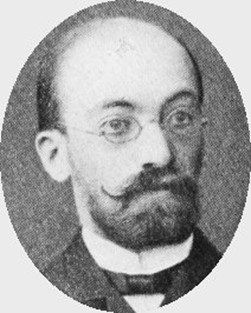
La Majstro
Dr. L. L. Zamenhof
(1859 – 1917)
1905: French Legion of Honour
1909: Commander of the Order
of Isabella the Catholic
1910: Nobel Peace Prize Nominee
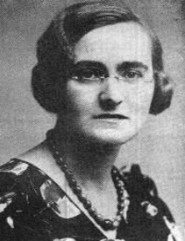
The Teacher
Lidia Zamenhof
(1904 – 1942)
Intercontinental teacher
of Esperanto and ardent
follower of Bahá’u’lláh.
Gassed in Treblinka!

The Guardian
Shoghi Effendi
(1897 – 1957)
Interprets ‘Abdu’l- Bahá’s
urgings of Bahá’ís to study
Esperanto: “repeated and
emphatic admonitions."
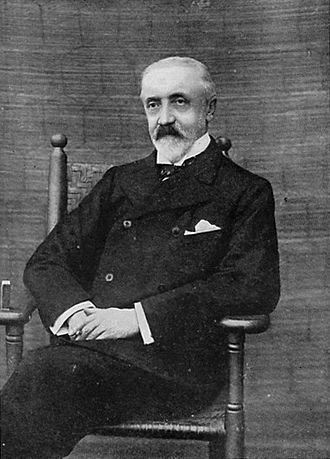
Baron Roman Rosen. (1847 - 1921)
Russian diplomat to Tokyo and Washington in tumultuous times.
Impoverished after the Bolshevik Revolution.
https://en.wikipedia.org/wiki/Roman_Rosen

Christopher Buck
Ph. D. Pittsburgh. PA. Lawyer.
Prolific Baha'i writer.
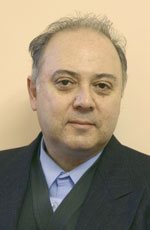
Youli Ioannesyan
Ph. D. Senior Researcher, Institute of Oriental Manuscripts
Russian Academy of Sciences, St Petersburg.
http://www.orientalstudies.ru/eng/index.php?option=com_personalities&Itemid=74&person=51
‘The personage of ‘Abdu’l-Bahá and his work I very highly esteem: I see in him one of the greatest benefactors of mankind.’ Dr. L. L. Zamenhof. ‘All of us must be grateful and thankful to him [LLZ] for this noble effort [Esperanto]; for in this way he has served his fellowmen well. ‘Abdu’l-Bahá
https://www.bandeeducation.com/apocalypse-post-apokalipso
Bahá’u’lláh was an Esperantist!
X
OK?
”At present, [1891] a new language and a new script have been devised. If thou desirest, We will communicate them to thee.” Bahá’u’lláh. See opening paragraph re the birth of Esperanto in 1887:
https://en.wikipedia.org/wiki/Esperanto
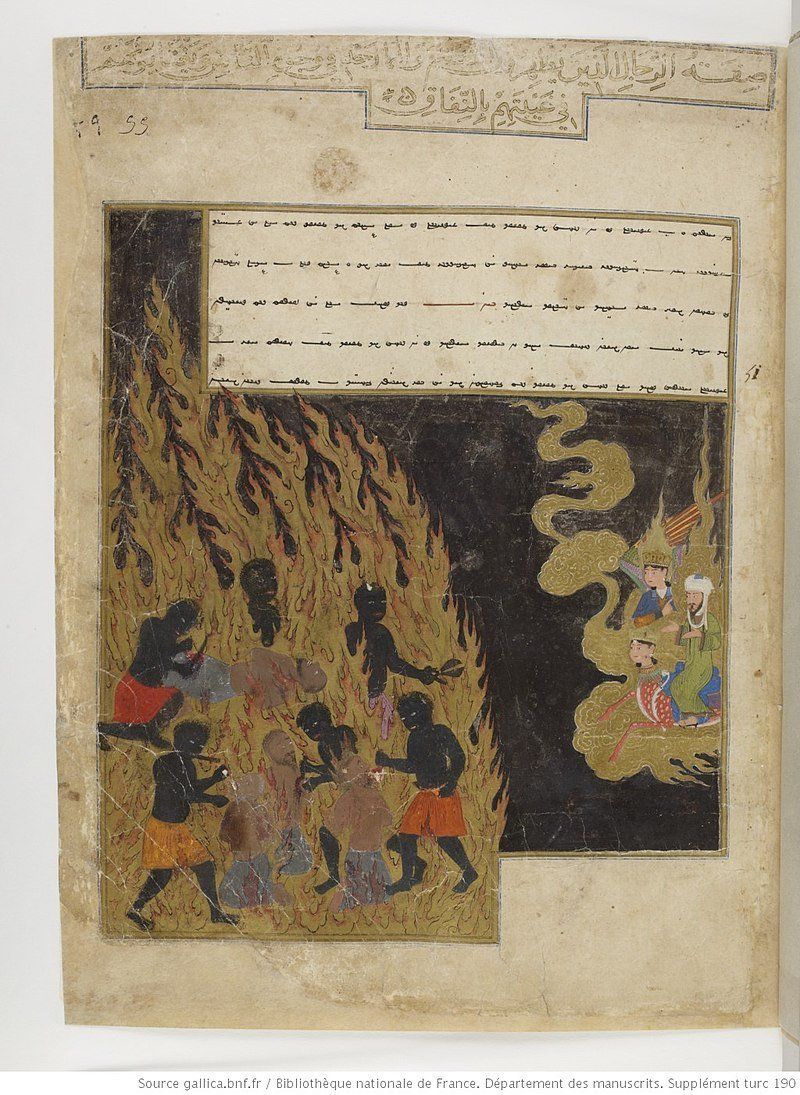
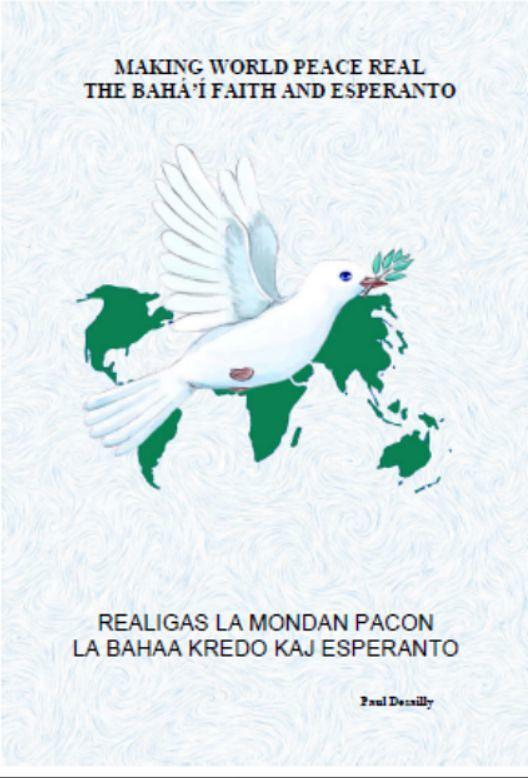
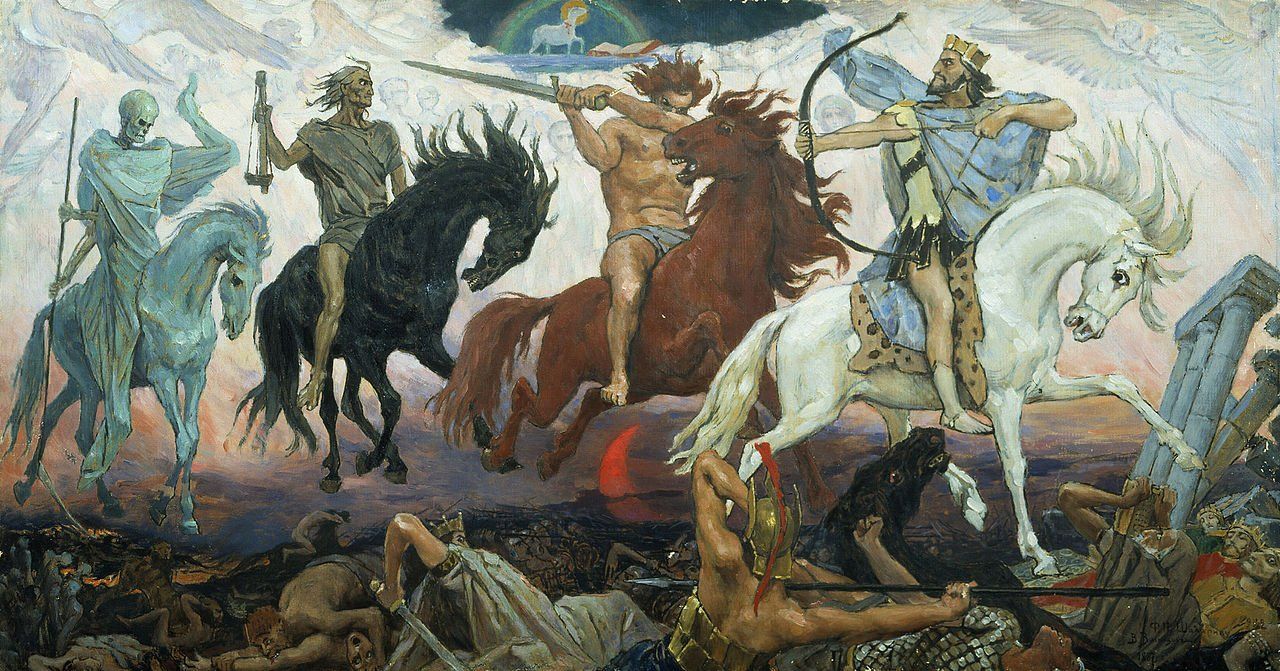

All Rights Reserved | bandeeducation